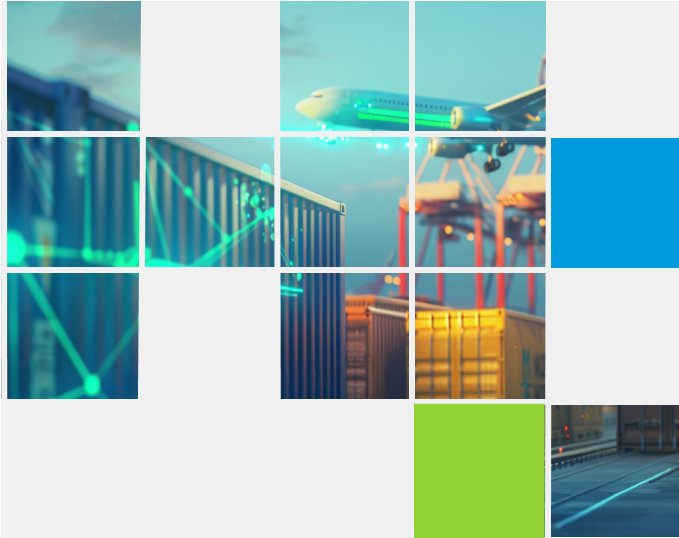Full Reverse Logistics of IoT
Devices
It’s Far Beyond Mere Sensor Installation
Understanding the intricacies of IoT implementation is key to success. It’s a complex journey demanding specialized technological and operational expertise beyond mere sensor application – it’s about unraveling the intricate web of data, devices, and processes that orchestrate seamless operations.
Navigating this complexity requires a unique skill set—one that merges technological proficiency with operational insight, backed by a dedicated commitment to provide exceptional service tailored to our clients’ needs.
Our Comprehensive
Global Logistics Services
For global organizations spanning multiple countries and continents, embracing IoT-based solutions requires a meticulous approach. Contguard ensures IoT sensors are available for installation at loading points and retrieved at discharge locations. Maintaining fully operational devices with charged batteries, suitable firmware, and region-specific communication methods, is pivotal for seamless functionality.
Contguard’s holistic IoT sensor management and logistics services aim to minimize disruptions to your operations and offer you peace of mind. Our commitment involves fully handling the intricate coordination and continual planning necessary for orchestrating this extensive logistical operation seamlessly.


Facilitated by our Global Operations Network (GON) comprising over 30 global partners, our services encompass:
- Delivery of pre-configured IoT sensors tailored to specific quantities and route criteria for effortless deployment at loading sites.
- Collection of IoT sensors from destination locations at route completion.
- Technical support in local languages and time zones, ensuring comprehensive assistance throughout the process as required.
At Contguard, we’re pioneering comprehensive solutions for managing the reverse logistics of IoT devices worldwide. Our advanced services, technology and expertise enable us to efficiently handle the return, repair, refurbishment, and redeployment of IoTs, ensuring optimal performance and minimal disruptions throughout the shipments journey.
Full Reverse Logistics

Device delivery by CG to LWH
Customer installation
Active shipment and monitoring
Customer deinstallation
Device collection by CG from UWH


